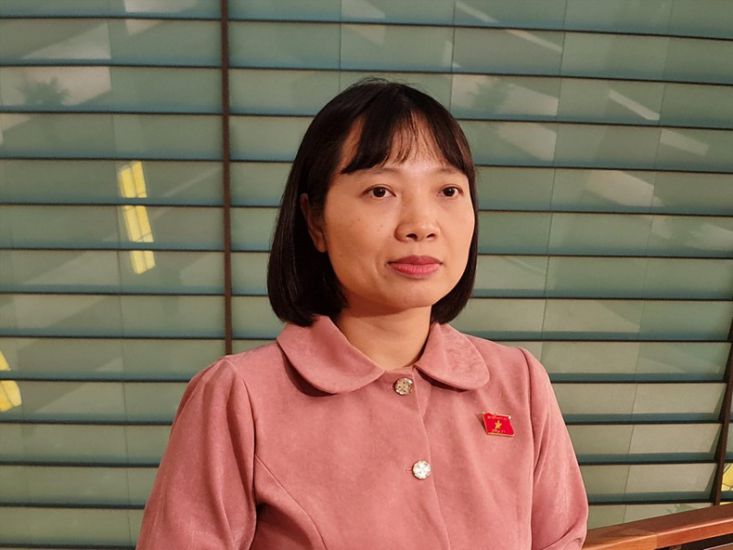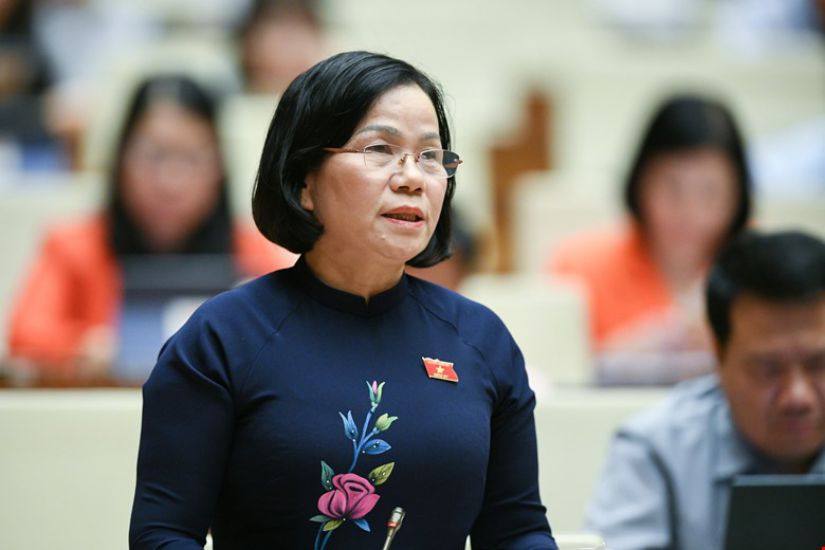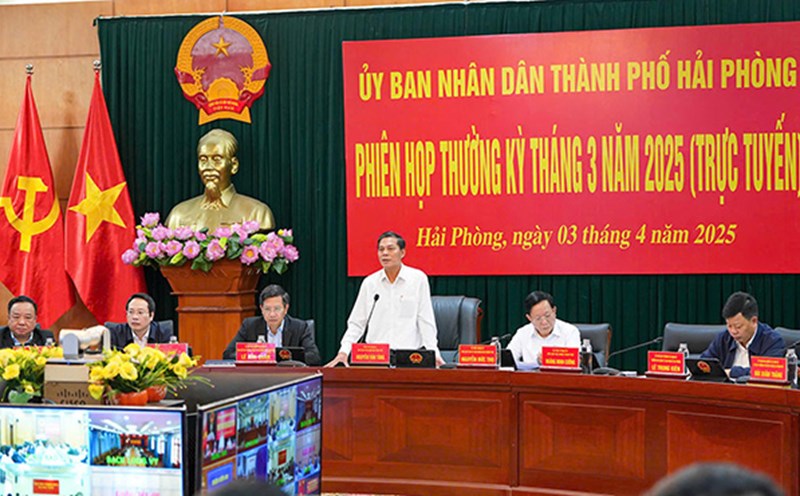Pay attention to handling public assets after the merger
It is expected that the Politburo will organize a National Conference to implement the arrangement of provincial and commune-level administrative units, and two-level local government organizations (expected on April 16). Commune-level authorities start operating from July 1, provincial authorities operate after August 30.
Based on the rearrangement of the current 63 provinces and cities, the whole country will have about 34 provinces and cities; no district-level administrative activities; and about 5,000 commune and ward-level administrative units.
On April 6, concluding the regular Government meeting in March and the Government Conference with localities, Prime Minister Pham Minh Chinh requested to continue perfecting institutions, streamlining, rearranging the apparatus, arranging administrative boundaries, organizing local governments at 2 levels; promoting administrative reform, digital transformation. The Ministry of Home Affairs shall preside over consultation and seriously and effectively implement the arrangement and streamlining of the apparatus, without interruption of work, affecting people and businesses.
In particular, the Prime Minister requested to strengthen discipline and administrative discipline; promote the prevention and combat of corruption, negativity, and waste, especially paying attention to the handling of public assets after merging localities.
According to the report of the Nghe An Provincial Department of Finance, in the province, there are 278 houses and land facilities that are offices, non-useable, ineffective, and not used for the purposes of agencies, organizations, and units. Of which, 190 houses and land facilities under the management of districts have had their arrangement plans approved but have not been implemented or the arrangement plans are not suitable and cannot be implemented; there are 73 houses and land facilities under the management of districts that have not had their arrangement plans approved.
Faced with the above situation, the People's Committee of Nghe An province has issued Plan No. 224/KH-UBND on handling unused, ineffective, and improperly used offices, organizations, and units under the management of the province.
In Can Tho, the locality requested a review of projects that have stopped construction, especially ineffective headquarters, to advise on final handling. Units need to base on the results of public asset inventories, promptly propose to the City People's Committee or seek opinions from competent authorities to avoid waste.
Chairman of the Ho Chi Minh City People's Committee Nguyen Van Duoc requested the Department of Finance to review all public assets in the area. Assets that are still in need should continue to be used, assets that are no longer in need must be proposed for handling, and can be auctioned to create investment revenue. With assets used ineffectively by central ministries and branches, the city will propose handing over them to serve development.
Prioritize the presence of administrative centers, limit new construction
Speaking with Lao Dong, National Assembly delegate Nguyen Thi Viet Nga (Hai Duong delegation) said that the arrangement of public assets after agencies stabilize their apparatus is an issue of concern to many people. The female delegate emphasized the viewpoint that it is necessary to save maximum material resources such as public assets and public headquarters after the merger.

The delegate of the Hai Duong delegation said that it is necessary to make the most of existing facilities and headquarters to avoid wasting resources. When determining a new administrative center, it is important to calculate the factors of vision, investment, and where to place the center to have the best development for that province and region.
In particular, for the provincial level after the merger, priority should be given to selecting the existing administrative centers. On the contrary, it is necessary to limit the construction of new headquarters, because this will be very wasteful and costly. Investing in building a new center after the merger is a huge necessity.
According to National Assembly delegate Khuong Thi Mai (Nam Dinh delegation), with redundant headquarters at district and commune levels, it is necessary to prioritize the use of them to serve the health and education sectors. These are areas that are in great demand and need to be prioritized to best serve the people. In particular, when implementing the two-level government model, the grassroots health sector needs to be valued and prioritized.












